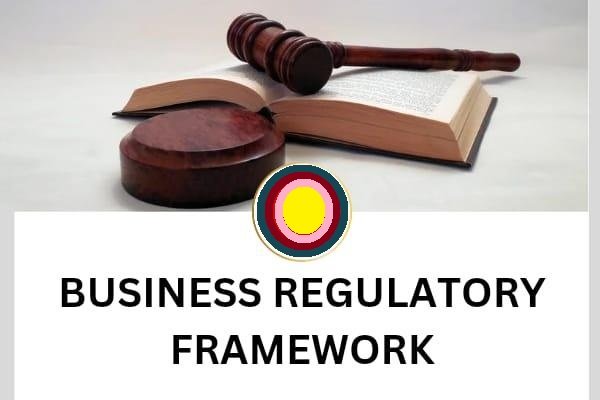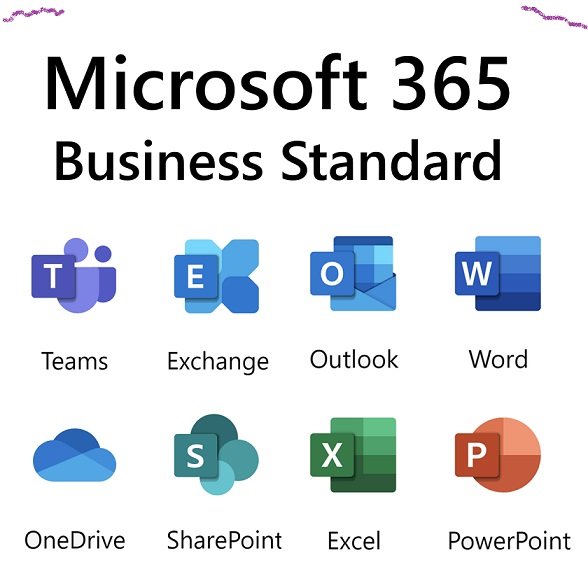Introduction
The business regulatory framework is a crucial foundation for any economy. It defines the legal, institutional, and procedural aspects that govern businesses. Understanding this framework is vital for entrepreneurs, policymakers, and corporate executives alike. In 2024, changes in global dynamics, emerging technologies, and regulatory updates make it more important than ever to stay informed about these frameworks.
This article provides an in-depth exploration of the business regulatory framework, its components, and its significance in a globalized world.
What is a Business Regulatory Framework?
The business regulatory framework refers to a set of laws, regulations, and rules designed to govern and guide business activities. It encompasses:
- Corporate Law: Governs the formation and operation of companies.
- Labor Law: Protects employee rights and ensures fair practices.
- Taxation Policies: Sets guidelines for business taxation.
- Environmental Regulations: Ensures business activities comply with environmental standards.
These regulations vary by country but often share core principles aimed at fostering fair trade, protecting stakeholders, and ensuring sustainable development.
Importance of a Business Regulatory Framework
- Promotes Fair Competition: Prevents monopolistic practices and encourages healthy competition.
- Protects Consumer Rights: Ensures product safety, accurate labeling, and fair pricing.
- Enhances Investor Confidence: Clear regulations provide a predictable environment, attracting investments.
- Ensures Corporate Accountability: Mandates transparent reporting and ethical practices.
- Facilitates Economic Growth: Creates a structured environment for businesses to thrive.
Components of the Business Regulatory Framework
1. Legal Framework
The legal framework includes laws and acts that directly affect business operations. Some key aspects are:
| Legal Aspect | Description |
|---|---|
| Contract Law | Governs agreements between parties. |
| Corporate Law | Defines rules for company formation. |
| Intellectual Property Law | Protects patents, copyrights, and trademarks. |
| Consumer Protection Law | Safeguards consumer rights. |
2. Taxation Framework
Tax policies determine the financial obligations of businesses. Common forms of taxation include:
| Tax Type | Description |
| Corporate Tax | Taxes on company profits. |
| Value-Added Tax (VAT) | Tax on goods and services. |
| Excise Tax | Levied on specific goods like alcohol. |
| Import/Export Duties | Taxes on international trade. |
3. Regulatory Bodies
Governments establish regulatory agencies to enforce laws. Examples include:
| Regulatory Body | Jurisdiction |
| Securities and Exchange Commission (SEC) | Oversees securities markets. |
| Environmental Protection Agency (EPA) | Enforces environmental laws. |
| Occupational Safety and Health Administration (OSHA) | Ensures workplace safety. |
Key Challenges in Implementing Regulatory Frameworks
- Globalization: Multinational companies often face conflicting regulations.
- Technological Advancements: Laws struggle to keep up with rapid innovations like AI and blockchain.
- Corruption: Weak enforcement can undermine regulatory effectiveness.
- Economic Disparities: Developing countries often lack resources for robust frameworks.
Recent Trends in Business Regulation
- Sustainability Reporting: Many jurisdictions now require companies to disclose environmental impact.
- Data Privacy Laws: Regulations like GDPR ensure stricter controls on data handling.
- Digital Taxation: Governments are implementing taxes on digital services.
- Anti-Money Laundering (AML): Strengthened laws to curb financial crimes.
How to Navigate the Business Regulatory Framework
For Entrepreneurs:
- Understand Local Laws: Research the regulatory environment before starting a business.
- Hire Legal Experts: Ensure compliance through professional advice.
- Stay Updated: Regularly monitor changes in laws and policies.
For Established Businesses:
- Conduct Compliance Audits: Periodically review operations to ensure legal adherence.
- Invest in Training: Educate employees about relevant laws and best practices.
- Engage with Policymakers: Advocate for business-friendly regulations.
Comparative Analysis of Business Regulatory Frameworks Worldwide
| Region | Key Features | Challenges |
| United States | Advanced corporate laws, strong IP rights | Complex tax codes, high compliance costs |
| European Union | Harmonized trade policies, GDPR | Bureaucratic procedures |
| Asia | Rapidly evolving laws, focus on innovation | Corruption, uneven enforcement |
| Africa | Emerging frameworks, investment incentives | Weak infrastructure, political instability |
Future of Business Regulation
As we move into 2024 and beyond, several factors will shape business regulations:
- Artificial Intelligence and Automation: Need for ethical guidelines.
- Climate Change Policies: Stricter environmental laws.
- Global Cooperation: Harmonization of international trade rules.
- Cybersecurity Regulations: Addressing rising threats.
Conclusion
The business regulatory framework is a cornerstone of economic stability and growth. Understanding its components, staying compliant, and adapting to changes are essential for success. Whether you are an entrepreneur or an established corporation, a proactive approach to navigating regulations will position you for long-term sustainability.




